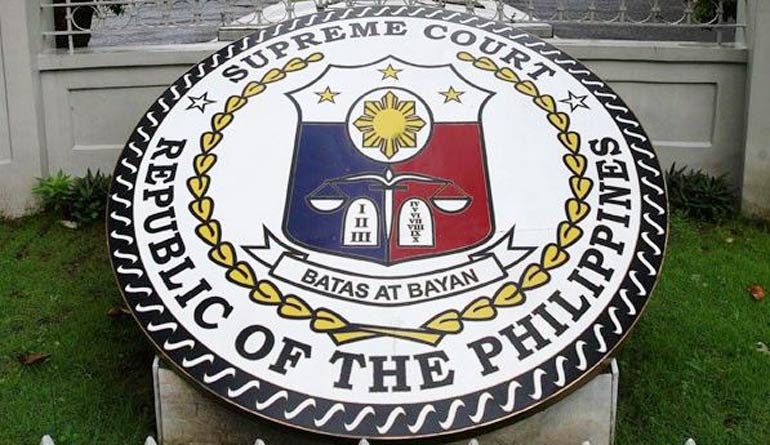SC upholds Ombudsman ruling in graft charges vs Customs security guard

The Supreme Court (SC) has affirmed the decision of the Ombudsman in June 2017 to charge a former security guard of the Bureau of Customs (BOC) for not declaring eight personal real estate properties he acquired while he was still with the BOC.
In the Court’s decision dated Feb. 3 and published on June 22, it ruled that the former security guard be charged with violating Section 7 of Republic Act (RA) 3019 or the Anti-Graft and Corrupt Practices Act and Section 8 of RA 6713 or the Code of Conduct and Ethical Standards for Public Officials and Employees for failure to include in his Statement of Assets, Liabilities and Net Worth (SALN) from 2008 to 2014 seven residential lots totaling 3,232 square meters and a house and lot, all in Bulacan province.
The SC denied the petition of the original complainant, the Department of Finance (DoF), to charge the Ombudsman with grave abuse of discretion for excluding in the charges a 1,342-sq.m. lot titled to the daughter of the accused, a 36-sq.m. house and lot unproven to be that of the accused, and properties undisclosed in earlier SALNs for which the period of filing for legal action had already expired.
“The OMB (Ombudsman) properly considered the applicable laws and jurisprudence in dismissing the said charges. Hence, no grave abuse of discretion may be attributed to it,” the Court held.
The DoF also noted that the former security guard was involved in a criminal case for robbery but the case was dismissed by the Bulacan Regional Trial Court.
Nevertheless, the DoF said the accused “still made an untruthful statement” when he stated in his Personal Data Sheet (PDS) that he had not been criminally charged.
The Ombudsman, however, did not charge the security guard for falsification of his PDS as “the ‘facts narrated by the offender’ are not ‘absolutely false,’ hence, there exists no probable cause to charge private respondent of falsification.” — Bianca Angelica D. Añago



